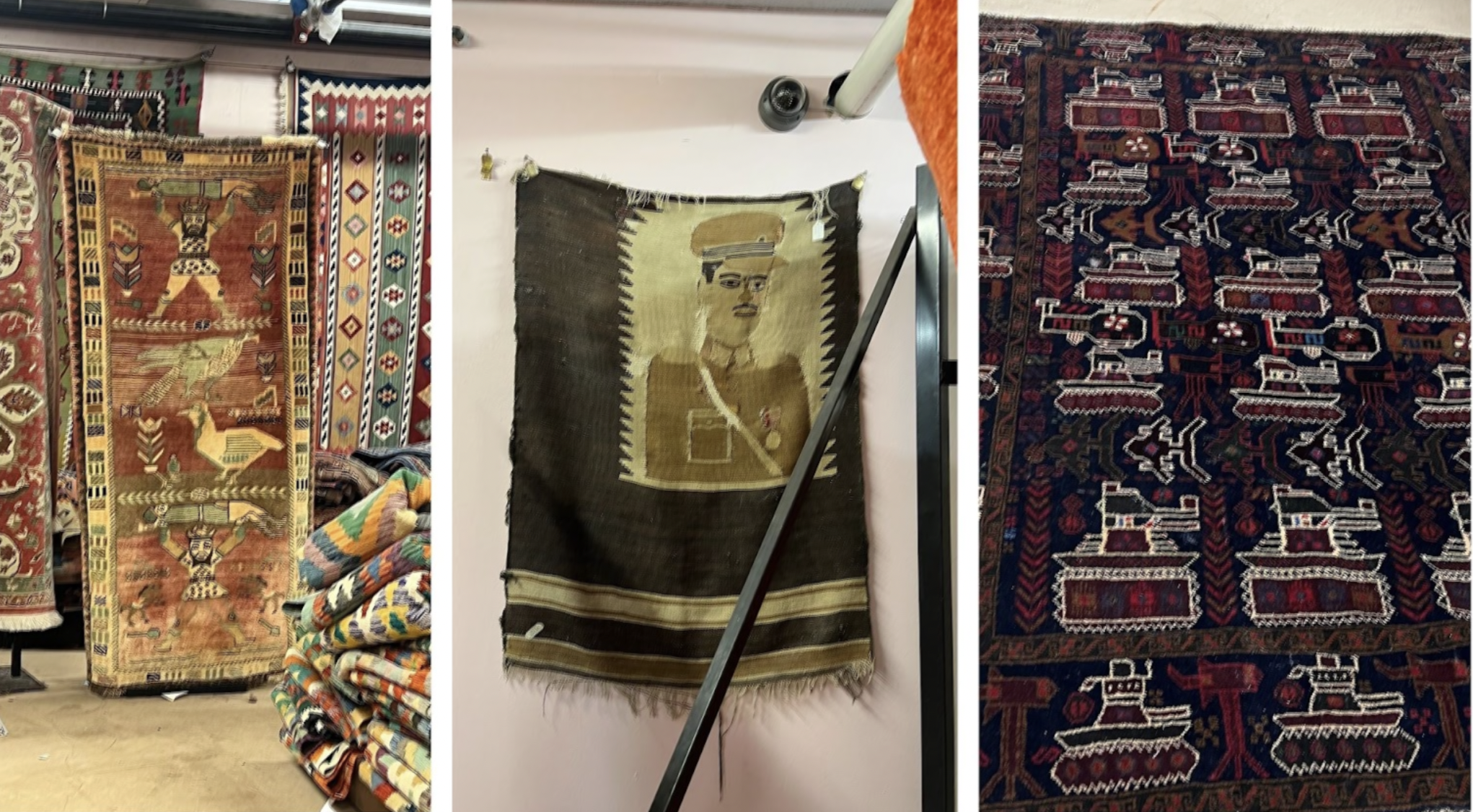Google Reviews
“I had a great experience buying from here! As soon as I stepped into the store, Steven the owner welcomed me warmly and showed me around, taking into account my budget and tastes. He has a great selection of kilims and carpets which should satisfy any customer. I bought two items on the very first visit! More than anything, I loved that Steven has run this store by himself for the past 40 years, even though he has a full-time professor position at a nearby university. He's also a Yale alum - so Yale students should buy only from him!”
“Steven at the Kilim Co was amazing! He had a great variety of Kilims and great stories for each rug! He is someone who is very knowledgeable about rugs but his passion about the Middle East makes for an enchanting experience! His items are all well priced because he does this as a hobby and is very friendly! And bonus he also will deliver!”
“What an absolute pleasure of an experience. Good prices, and the proprietor (who has a PhD in a related field and is a full-time academic himself) even helped me take a rug to my office and drove me home with another.”



